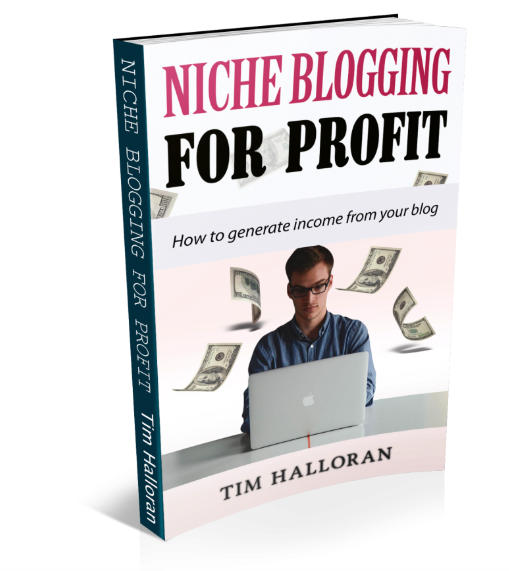How long should blog posts be? Generally speaking the longer a post is, the more chance it has of ranking on the search engines. Yoast SEO recommends a minimum of 300 words for a blog post but the more words you write, the better. However, filling your posts up with fluff isn’t the best solution if you run out of ideas. A good in-depth post of 700 words is much better than one of 1000 words which is full of fluff!

Experts at Databox suggest that the ideal length of post is 1500-2000 words. This length of post is well placed to cover most topics in some detail. Longer posts of 2000-4000 words do rank really well if they are well written and cover a topic in a lot of detail. On the whole you’ll find long posts of 2000+ words outranking shorter posts in Google’s search results. So write more words if you want more traffic!
Still, some websites will outrank longer posts because of their site authority and backlink profile. So just by writing a long post you aren’t guaranteed a top listing for your keywords.
How Long Should Blog Posts Be?
Depending on your post title, you can even rank a shorter post on the search engines depending on the relative competition. So it’s worth doing some research before starting out with your post. If the top ranking article on Google is 4000 words, you will struggle to compete with it with only a 300 word article. But if a topic has no competition, or very little, your post can rank even with a less in-depth article; other things being equal.

Longer tail keywords tend to have lower competition on the SERPS – (search engine results pages). So you’ve got more chance of getting your post at the top, even with a smaller word count. See benefits of long tail keywords.
To find long tail keywords with low SEO difficulty, compare search phrases using Google’s keyword planner and a quick Google search for the keyword.
Other Factors At Play
The length of your post isn’t the only factor of course. As mentioned, site authority and back links play a part in Google’s determination of your content. So a high authority site is hard to compete with even if you out-do them on the content side. There’s multiple ranking factors Google and other search engines use to determine how to position a piece of content on the SERPS:
- Back links – how many and where from
- Site authority – how Google sees your site
- Site age
- Domain age
- Time on page – your visitors interaction with your content
- Link profile – how long did links take and how natural is it
- Social media presence
- Content quality
- High DA back links (Domain authority)
- Etc
Still even with all these factors at play, your content quality is one of if not the most important factor for ranking. Quality content doesn’t go out of style so content you have written can continue to attract back links naturally for years. When people find and share it, this can go supersonic! More visitors and more backlinks every time it gets shared. Traffic can go up exponentially with enough time and/or promotion.
Summary
Blog posts should be at least 300 words according to Yoast SEO however other sources suggest a post of between 1500 and 2000 words performs the best. Longer posts can out-do shorter posts in the SERPS (search engine results pages), but other factors can also have a say in which posts rank.
Factors such as site authority, backlinks and content quality all play a part. On the whole aim to write the highest quality post you can without having to repeat yourself or use “fillers” to pad out your posts. Make posts concise and to the point, easy to read and of relative length for the search query.
SEO (search engine optimisation) is continually changing and although often lengthy posts of 4000 words or more might out-rank shorter posts, this can all change very quickly.